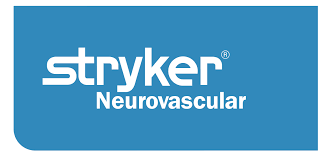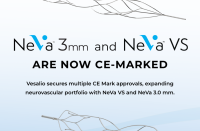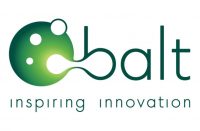KALAMAZOO, MICHIGAN (PRWEB) MARCH 08, 2017
Stryker announced an early end to patient enrollment in the DAWN Trial, a clinical study designed to compare mechanical thrombectomy with the Trevo® Retriever plus medical therapy against medical therapy alone when initiated within six to 24 hours after time last known well. The independent Data Safety Monitoring Board (DSMB) recommended stopping study enrollment based on a pre-planned interim review of data from the first 200 patients, which concluded that multiple pre-specified stopping criteria were met. A final analysis of the data will be conducted upon completion of the remaining patient follow-up.
The study was designed to enroll up to a maximum of 500 patients with a pre-specified interim analysis to assess for efficacy initiated upon enrollment of the first 200 patients.
Stroke survivors commonly experience devastating disabilities and loss of independence due to impaired movement, paralysis, loss of speech and memory. Randomized clinical data has proven the benefit of mechanical thrombectomy with stent retrievers in helping patients with large vessel occlusion strokes, but these devices have only been indicated to reduce disability if used within six hours of stroke onset. For patients presenting with stroke symptoms beyond six hours, the benefit of clot retrieval using a stent retriever is unknown.
“Treating acute stroke patients with large vessel occlusion who present later than six hours from last seen well has the potential to help thousands of stroke patients around the world,” said co-principal investigator Tudor Jovin, MD, from the University of Pittsburgh Medical Center. “These patients, many of whom present to the hospital outside of the six hour time window could have a better chance for an independent life with improved clinical outcomes.”
Dr. Raul Nogueira, co-principal investigator from Grady Memorial Hospital/ Emory University commented, “If the final results of the DAWN Trial are positive, it will provide physicians who treat stroke with evidence of the benefits of thrombectomy even when administered out as far as 24 hours, and should help to make decisions clearer as to which patients to treat.”
Stryker and the DAWN investigators are now focused on gathering and securing all of the remaining patient data for final statistical analysis. If confirmed positive, the outcomes of the DAWN Trial may represent a major change in patient selection for endovascular therapy for stroke.
About the DAWN Trial
The DAWN trial is an international, multi-center, blinded endpoint assessment, randomized study. The purpose of the study is to demonstrate superior clinical outcomes at 90 days with Stryker’s Trevo Retriever plus medical management compared to medical management alone in appropriately selected patients treated six to 24 hours after last seen well. The Trevo Retriever indication within the DAWN Trial is currently approved for investigational use only by the U.S. Food and Drug Administration in the United States under an Investigational Device Exemption (IDE) study approval.
About the Trevo Retriever
The Trevo Retriever is a tiny stent-shaped medical device that is attached to a thin wire. In a minimally invasive procedure that utilizes X-ray, the physician navigates the retriever from the femoral artery (located in the upper leg) to the blocked blood artery in the brain. The retriever is designed to ensnare the blood clot and remove it from the body. Originally cleared by the FDA in 2012 for the revascularization of patients experiencing ischemic stroke, the Trevo Retriever has been used in thousands of patients worldwide. Stryker’s Trevo Retriever was the only mechanical thrombectomy device used in this trial.
An animation of Stryker’s Trevo Retriever is available here: https://youtu.be/PxcERzyI67I
About ischemic stroke
An ischemic stroke occurs when an artery in the brain becomes blocked by a blood clot or other substance such as plaque, a fatty material. Blood vessels carry blood, oxygen and nutrients throughout the body and to the brain. When the brain is deprived of blood and oxygen, it fails to work properly. Depending on the severity of the stroke and the area of the brain affected, loss of brain function or death may occur. According to the World Heart Federation, ischemic stroke contributes to nearly six million deaths around the globe.1
About Stryker
Stryker is one of the world’s leading medical technology companies and, together with our customers, we are driven to make healthcare better. The Company offers a diverse array of innovative products and services in Orthopedics, Medical and Surgical, and Neurotechnology and Spine that help improve patient and hospital outcomes. Stryker is active in over 100 countries around the world. Please contact us for more information at http://www.stryker.com.







